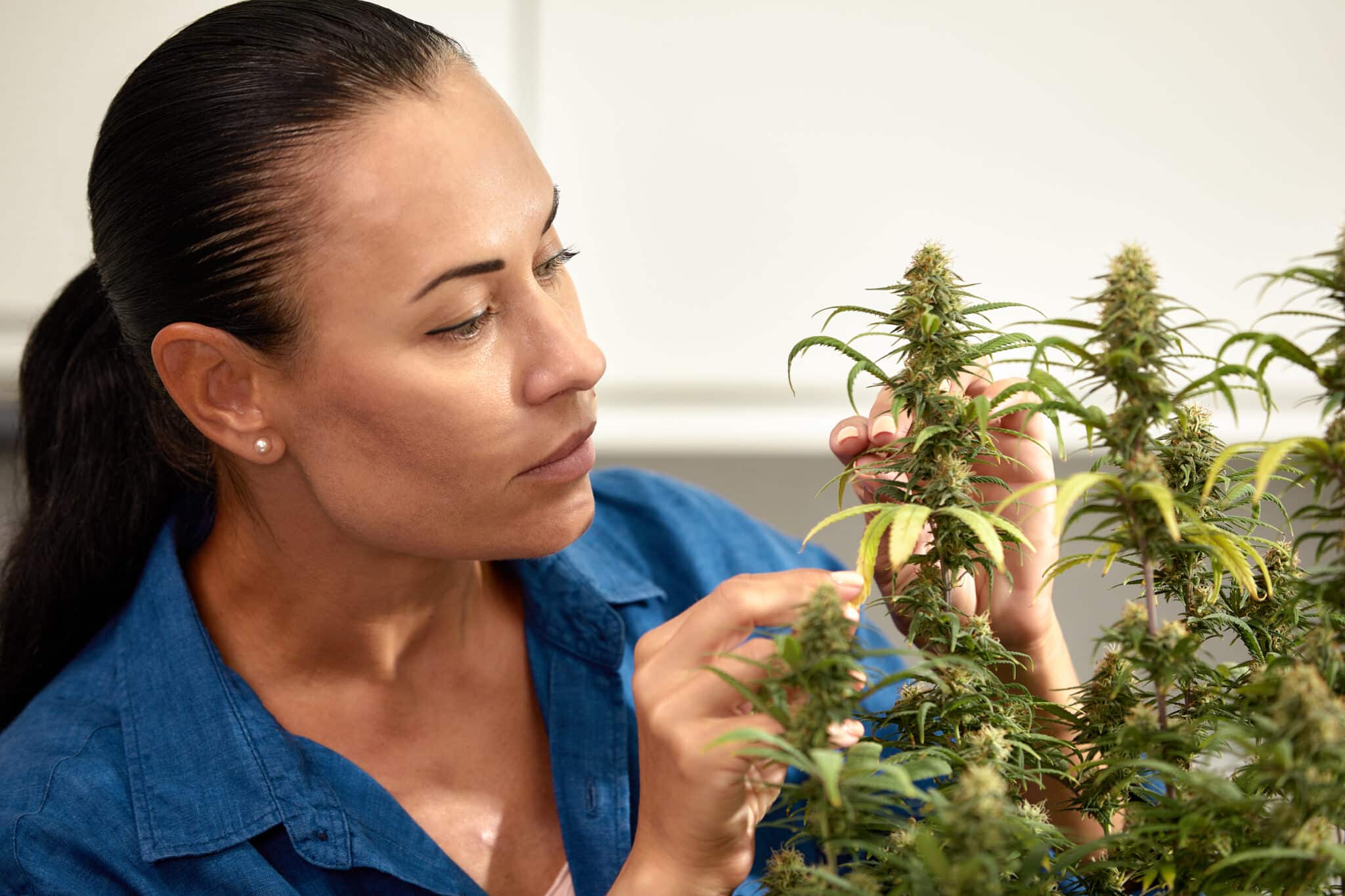Understand rehab program basics
If you are evaluating a marijuana rehab program, you are likely seeking a structured, evidence-based pathway to overcome cannabis use disorder and rebuild your life. Such a program integrates medical supervision, therapeutic modalities, and peer support to address not only the physical aspects of dependency but also the emotional and psychological factors that contribute to substance use. Based on our analysis, a comprehensive approach yields significantly higher success rates than isolated interventions, ensuring you receive tailored care from detox through outpatient follow-up.
What is a marijuana rehab program
A marijuana rehab program is a coordinated continuum of care designed to help you safely withdraw from cannabis, explore underlying triggers, and develop coping strategies for long-term recovery. Core components often include:
- Medical assessment and detoxification
- Individual and group therapy sessions
- Family counseling and education
- Aftercare planning and relapse prevention
Who needs this program
Individuals who typically benefit include those who:
- Use cannabis daily or near-daily
- Experience withdrawal symptoms when attempting to quit
- Struggle with co-occurring mental health conditions
- Have tried self-help methods without sustained success
Our expertise indicates that timely intervention can prevent escalation of use and reduce the risk of complications such as cognitive impairment or mood disorders.
How it addresses cannabis use disorder
A well-structured rehab plan tackles cannabis dependence through:
- Safe withdrawal management in a medically supervised setting
- Evidence-based psychotherapies to modify maladaptive behaviors
- Skills training for stress management and emotional regulation
- Ongoing support networks to sustain motivation
Consequently, you gain resilience to cravings and a clear framework for maintaining abstinence.
Explore core program benefits
When you commit to a dedicated rehabilitation track, you access a range of benefits that collectively enhance your recovery trajectory.
24/7 medical supervision
We recommend beginning in a marijuana detox center or a combined detox and residential treatment center to manage withdrawal symptoms safely.Structured routine and accountability
A predictable daily schedule fosters stability and minimizes exposure to triggers.Evidence-based therapies
Our programs feature modalities such as cognitive behavioral therapy and motivational enhancement therapy, which research has shown to produce moderate to large effects (Cohen’s d = 0.53–0.9) on cannabis consumption and psychosocial functioning [1].Dual diagnosis care
If you have co-occurring depression, anxiety, or other mental health challenges, integrated support through a dual diagnosis rehab program ensures both conditions are treated concurrently.Peer support and community
Group sessions and alumni networks reinforce accountability, reduce isolation, and promote shared learning.
Compare levels of care
Different degrees of intensity suit varied needs. Below is a comparative overview to help you determine the best fit:
| Level of care | Overview | Internal link |
|---|---|---|
| Medical detox | 24/7 supervision to manage withdrawal safely | marijuana detox center |
| Residential rehab | Live-in program combining therapy, education, and recreation | residential drug rehab |
| Partial hospitalization | Intensive day treatment, return home each evening | partial hospitalization program for addiction |
| Intensive outpatient | Flexible clinical sessions around work or school | intensive outpatient program for addiction |
| Outpatient services | Weekly counseling and therapy appointments | outpatient drug rehab |
Based on our analysis, longer stays—typically 60 to 90 days—offer more time to address root causes and build trust with staff, aligning with research that extended programs yield stronger outcomes [2].
Select targeted therapy options
Individualized therapy tracks ensure that you benefit from approaches proven to reduce cannabis use and support psychological wellbeing.
Individual therapy for addiction
One-on-one sessions with a credentialed counselor help you:
- Uncover personal triggers and thought patterns
- Develop coping mechanisms for cravings
- Set measurable recovery goals
You can learn more about this modality through our individual therapy for addiction offering.
Group therapy for substance abuse
Group sessions foster:
- Peer encouragement and shared insights
- Practice of social skills in a safe environment
- Accountability through group norms
Our group therapy for substance abuse groups meet multiple times per week to strengthen your support network.
Family therapy for addiction recovery
Involving loved ones enhances communication and trust. Family therapy can:
- Resolve relational conflicts
- Educate relatives about cannabis dependence
- Build a supportive home environment
We recommend exploring our family therapy for addiction recovery to include family in your healing process.
Multidimensional family therapy (MDFT)
This structured approach targets adolescents and their families, focusing on:
- Improving family communication
- Reducing psychiatric comorbidities
- Strengthening parenting skills
Cognitive behavioral therapy (CBT)
CBT remains a cornerstone for adult treatment, teaching you to:
- Challenge distorted beliefs about cannabis
- Replace high-risk behaviors with healthier alternatives
- Maintain skills through relapse prevention exercises
Medication assisted treatment benefits
Although no medication is specifically approved for cannabis use disorder, adjunctive pharmacotherapy—such as off-label use of gabapentin or N-acetylcysteine—may alleviate withdrawal symptoms under medical supervision. We integrate these options within our medication assisted treatment program when clinically indicated, ensuring a comprehensive care plan.
Plan for lasting recovery
Sustaining abstinence requires foresight and structured support beyond primary treatment. We recommend incorporating the following elements into your aftercare strategy.
Aftercare planning for addiction
Effective aftercare begins before discharge and includes:
- Scheduled outpatient therapy appointments
- Referrals to peer support groups
- Development of a personalized crisis plan
Learn more about our approach to aftercare planning for addiction.
Relapse prevention therapy
Relapse prevention sessions teach you to:
- Identify early warning signs
- Apply coping strategies in high-risk scenarios
- Reevaluate and adjust your goals
Our relapse prevention therapy is an integral component of long-term success.
Community support and alumni networks
Ongoing connection with others in recovery can:
- Reinforce accountability
- Offer continued encouragement
- Provide opportunities to mentor new members
Participation in alumni events fosters a sense of purpose and belonging.
Choose The Hope House
Your path to recovery is unique, and The Hope House is designed to meet your individual needs with a broad spectrum of treatment options.
Comprehensive addiction recovery program
We offer a full continuum of care, from medically supervised detox through residential and outpatient services, tailored to address marijuana dependency alongside other substance use disorders such as alcohol, opioids, cocaine, and methamphetamine.
Dual diagnosis expertise
Our clinicians specialize in co-occurring mental health and addiction treatment. By selecting our dual diagnosis rehab program, you receive integrated therapy that treats both conditions concurrently.
Personalized treatment plans
Based on our analysis of your medical history, mental health status, and personal goals, we craft a bespoke plan that may include:
- Residential stays of varying lengths
- Day treatment via a partial hospitalization program
- Intensive outpatient scheduling
- Medication management
- Family involvement
Proven outcomes and success rates
Our expertise indicates that structured, evidence-based care produces the highest rates of treatment completion—surpassing the national average of 43%—and reduces relapse rates, which typically range from 40 to 60% without structured support [3]. At The Hope House, we track measurable milestones to ensure continuous improvement and sustained recovery.
By choosing The Hope House, you partner with seasoned professionals committed to guiding you through every phase of your journey. We recommend contacting our admissions team to begin a comprehensive assessment and take the first step toward regaining control of your life.







